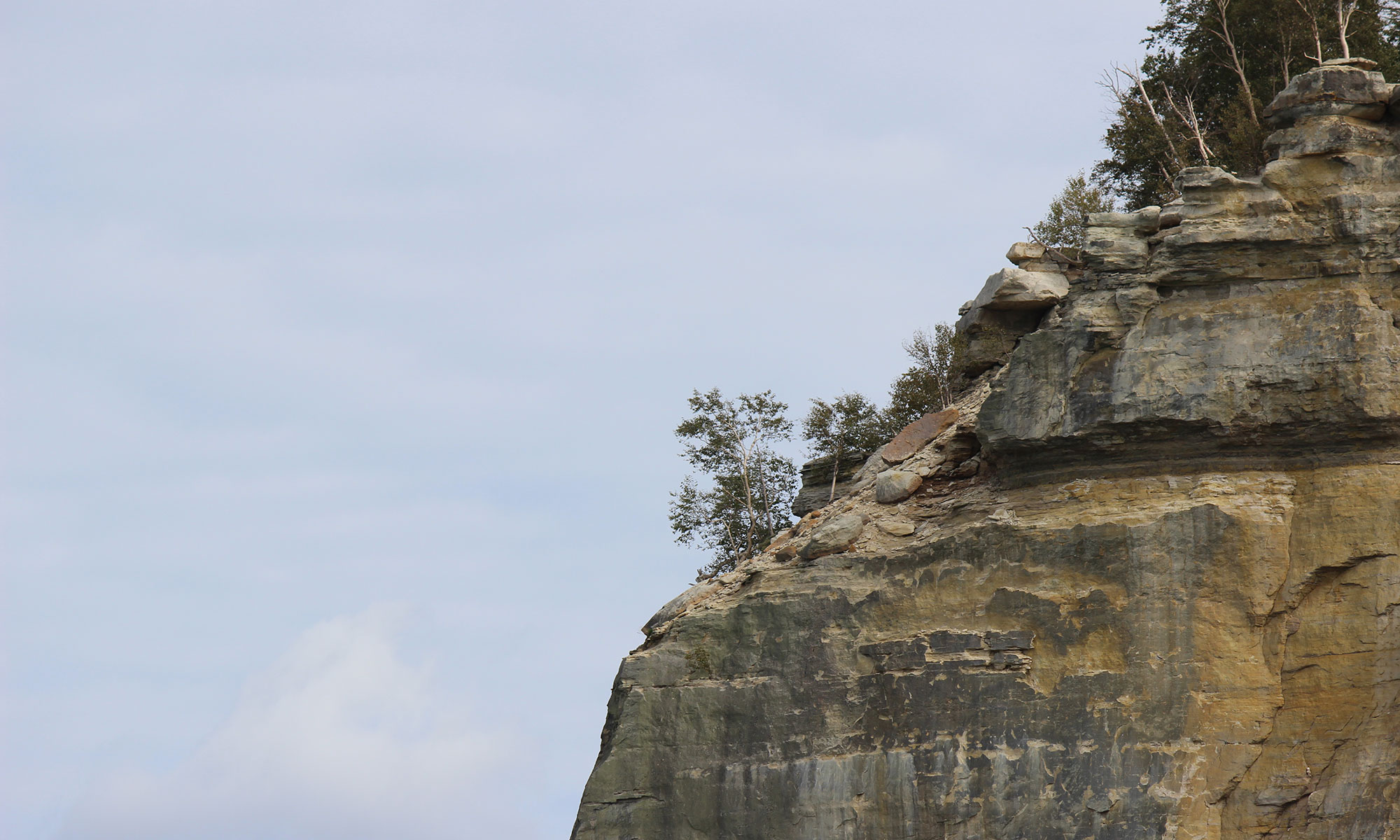Science has provided all sorts of insights and breakthroughs in our knowledge of ourselves and our world. In our society these days we tend to equate science with truth, fact and good. The scientific process is about as impartial as a human designed process can be, and so the knowledge that comes from this work is believable and trusted. This is a good thing, but there is more to look at.
Many people extend this concept further and seem to believe that science has everything figured out, that it is a constant that we can believe in and fully trust in all areas of our lives. I understand the desire to want to have that constant and immovable feeling of safety, but that isn’t reality. Science has only “figured out” a small portion of how things actually work. If that wasn’t the case then there would be no need for further study and experimentation. And in that scientific work things that were previously known as fact are often dis-proven and new ideas take their places. When we look back in history we can clearly see that this has happened over and over, and yet we tend to have a blind spot about our current state. We assume that we are smarter now, have things more figured out than they did back then. Sure, we know more than we did then, but some of that knowledge will be proven false on a future day, just like it has throughout history. And many things just simply still aren’t known.
Let’s step back a bit and try to look at things in a big picture way. Let’s actually step way way back, and try to see humanity in a holistic way – all of it at once – and let’s look at how it relates to the rest of nature – animals, plants, the earth, the universe. Humans are the only species on earth that actively take steps to improve and reinvent their lives, creating new ways of interacting, living, producing etc. In the process we come to believe that we are ultimately fully in control of our lives and how we live on this earth. If we see something that we deem to be a problem, we engineer a solution, or study it scientifically and come up with a fix. And millions of people do this type of work every day.
Trees and plants don’t do this. Other species of animals don’t do this. They live out their lives fully in sync with the other plants and species that are living in congruence with the rest of nature. They trust that nature will provide what they need in order to live out their purpose.
Back to the big picture of humanity and what’s been happening to us in recent history. Let’s look at the history of disease among humans. Stats show that infectious disease, and the rate of new disease discoveries is rising at a rate never seen before. SARS, MERs, Ebola, avian flu, Zika, COVID, to name a few since the 1970s.
So why are there so many new diseases spreading around? And why is this happening at the same time that medical advances and knowledge is growing by leaps and bounds? There are lots of factors presented: ease of international travel, population growth, resistance to drugs, intensive farming practices, and degradation of the environment to name a few.
If we look at each of these factors we can see they can all be directly linked back to human ingenuity – the very things we created in order to improve our lives. Our medical interventions have improved human life expectancy and decreased death rates, but at the same time this has contributed to massive population growth, which has in part lead to over-use of the earth’s resources and environmental degradation, as well as the perceived need for intensive farming practices to feed the massive population. At the same time the majority of people have disconnected further and further from the natural world – many spending no time in forests or natural areas at all, and again necessitated by a larger population base.
For each issue we work to solve using our big human brains, it seems that we cause at least one other issue. In fact I believe if you look at a lot of the scientific work being done these days it is being undertaken to find solutions to problems that were actually caused either directly or indirectly by human ingenuity in the first place.
From the big picture view I don’t think its a coincidence that infectious disease is on the rise either. Nature continually tries to restore balance on the planet. Right now it is out of balance and its pretty clear that humans have caused many of the problems that have lead to this imbalance. So nature creates what is needed to restore balance in the long term.
I hear the arguments against these views coming. But what do you suggest we do then? Just stop treating people who are sick and suffering? Stop looking for new treatments and innovations to help individuals? There are no easy answers to these questions. But what I will say is that it seems that what we’ve been doing isn’t working – when you take the time to really step back and look at the entire system and how each piece of it interacts with all of the others. Our fully intellectual approach seems to be failing us in many ways. And the point of this article is to present an alternative viewpoint. To show that there are many ways to look at things and opening ourselves to many different ideas is important.
Nature and the ways of the natural world are pure, balanced and perfect in how they interact and nourish each other. And when issues are introduced nature adjusts to restore balance. Science has it’s place in the study of our human nature but we need to change our perspective and work with the natural processes, not against them. We have lots of work to do to get to the point where we realize we need to do less work on “fixing” things and more of being at one with what is already here. The greatest wisdom that already exists is waiting for each of us to listen.

